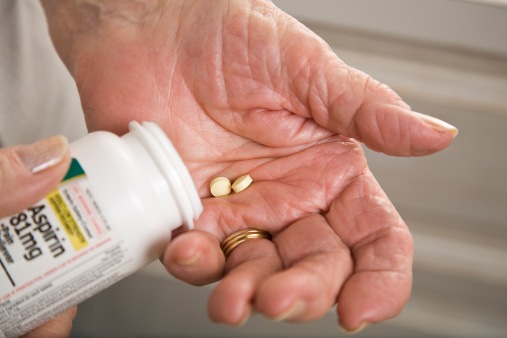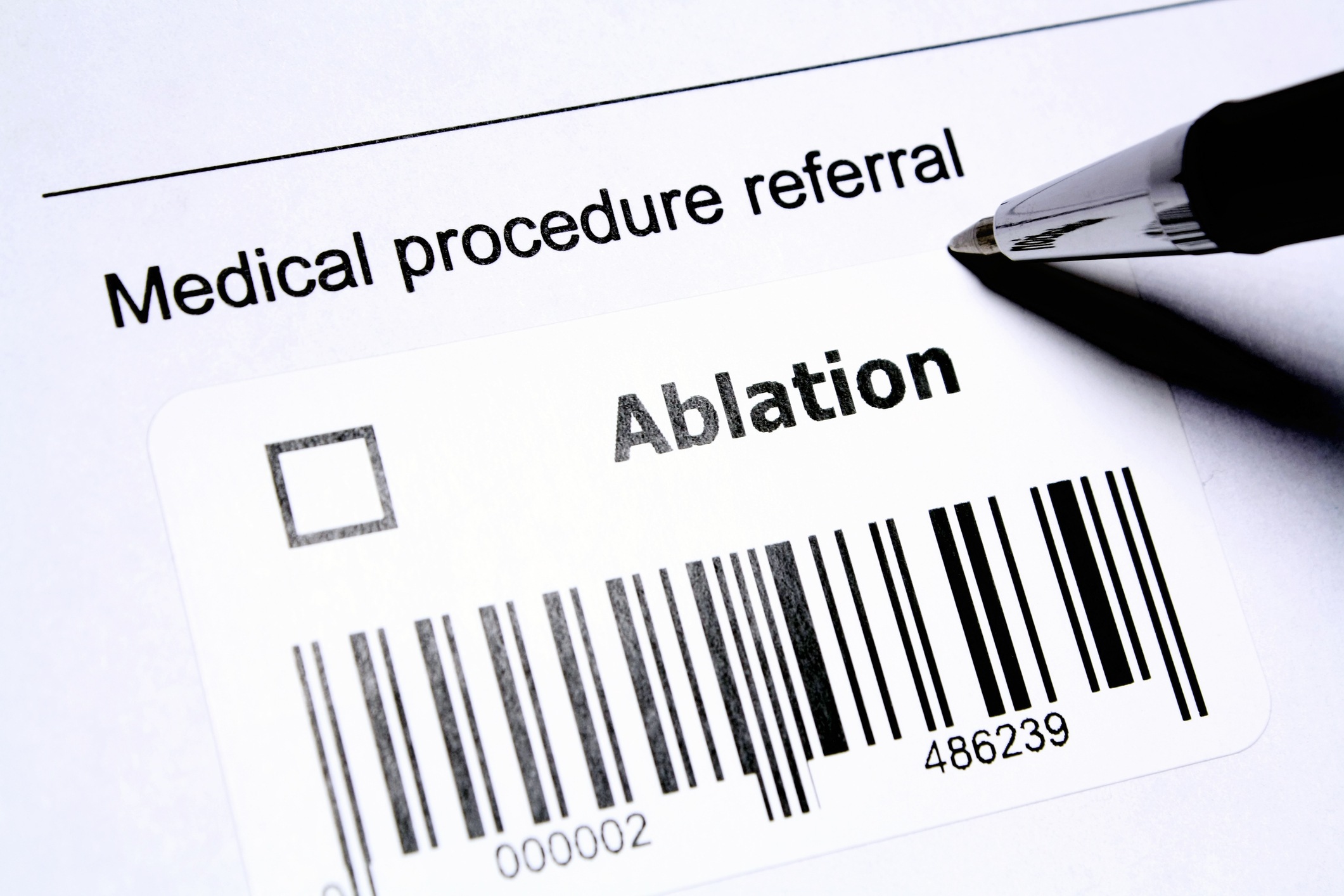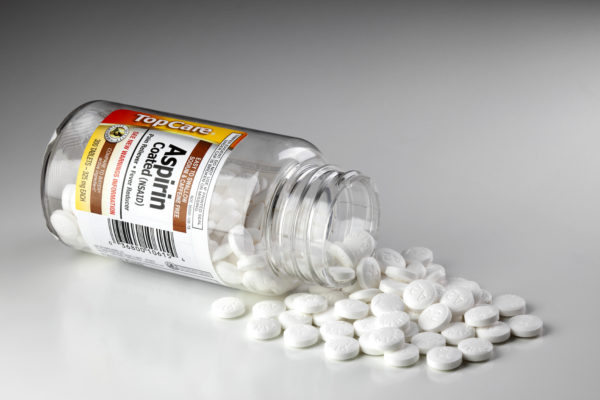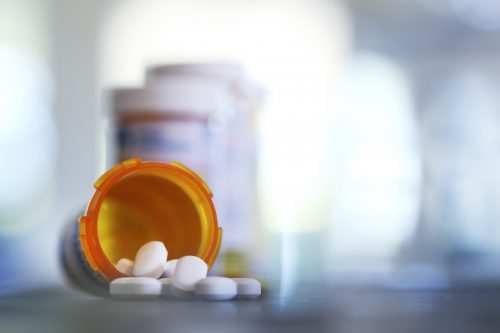
There are no notable differences in cardiovascular events or major bleeding in patients with established atherosclerotic cardiovascular disease who take 81 milligrams (mg) of aspirin, also known as baby aspirin, versus those who take regular strength aspirin of 325 mg of daily, according to a study published in The New England Journal of Medicine and presented at the American College of Cardiology’s Annual Scientific Session (ACC.21).
In the ADAPTABLE study, an open-label, pragmatic study by design, researchers assessed 15,076 patients with established atherosclerotic cardiovascular disease who were randomly allocated to a regimen of 81 mg or 325 mg of aspirin per day. The primary efficacy endpoint was defined as a composite of death from any cause, hospitalization for myocardial infarction, or hospitalization for stroke, assessed in a time-to-event analysis. The primary safety outcome was stipulated as hospitalization for major bleeding, also assessed in a time-to-event analysis. In the study population, 96% of individuals were already taking aspirin, with 85% of these patients taking of 81 mg daily.
According to the results, death, hospitalization for myocardial infarction, or hospitalization for stroke occurred at similar rate in patients taking baby aspirin (7.28%) versus those taking regular-strength aspirin (7.51%). Similar results were observed with respect to major bleeding; which occurred in 0.63% of patients in the 81 mg group juxtaposed to 0.60% in the 325 mg group.
“There really hasn’t been a clear answer about what is the most effective and safe dose of aspirin for these patients. Instead, there have been conflicting findings, with some research suggesting 81 mg may reduce the risk of bleeding, but the higher dose may provide more effective prevention of heart attacks and stroke,” said Schuyler Jones, MD, assistant professor of medicine at the Duke Clinical Research Institute (DCRI), and lead study author, in a press release. “However, these earlier studies have primarily investigated aspirin—either 81 or 325 mg daily dose—compared with placebo, whereas ADAPTABLE was a direct comparison of the two doses. We found that there is no difference between the two doses in terms of effectiveness and safety, and we think that because the 81 mg dose had better long-term adherence, it may be the best choice for patients.”
The researchers added: “Future trials may take lessons learned from this one as fit for purpose, balancing trade-offs on precision versus generalizability.”







 © 2025 Mashup Media, LLC, a Formedics Property. All Rights Reserved.
© 2025 Mashup Media, LLC, a Formedics Property. All Rights Reserved.